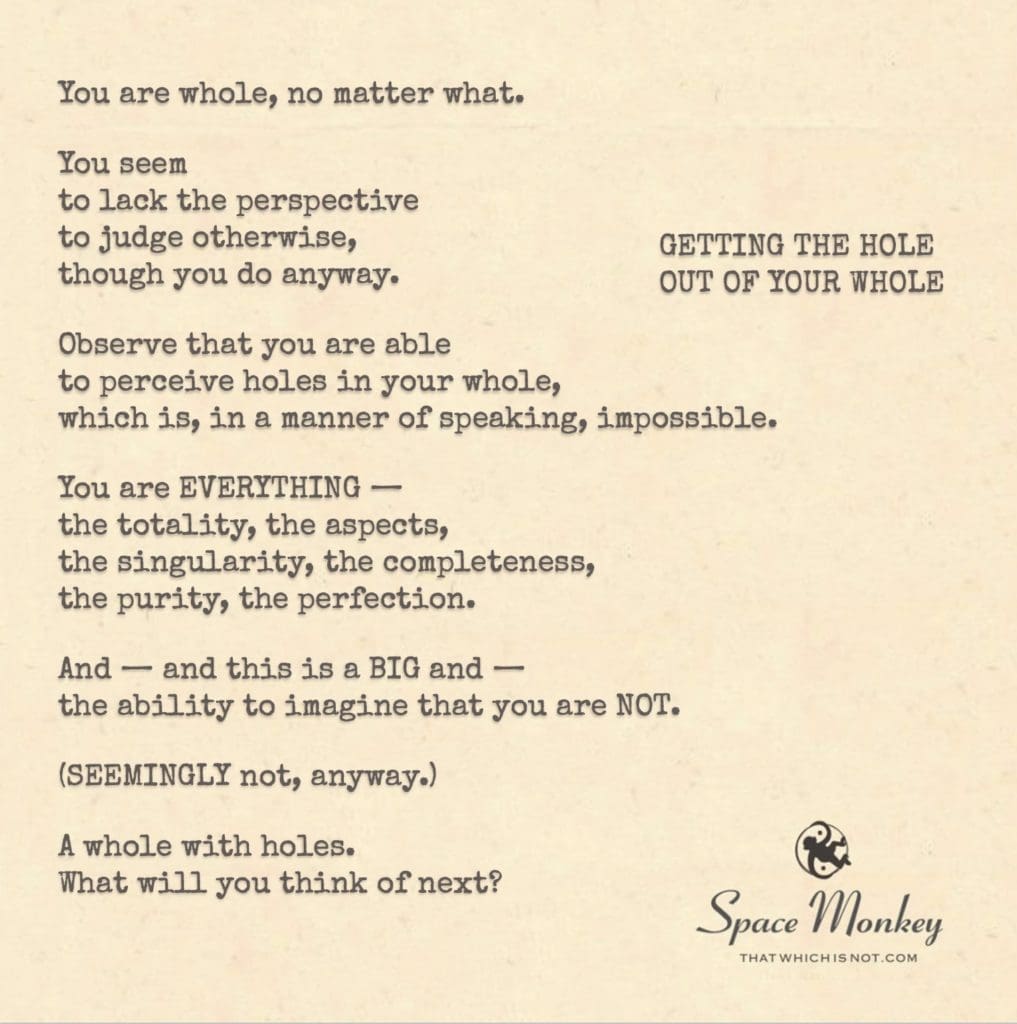
God imagines an ass
so he can stick his head up it.
You are whole, no matter what.
You seem
to lack the perspective
to judge otherwise,
though you do anyway.
Observe that you are able
to perceive holes in your whole,
which is, in a manner of speaking, impossible.
You are EVERYTHING —
the totality, the aspects,
the singularity, the completeness,
the purity, the perfection.
And — and this is a BIG and —
the ability to imagine that you are NOT.
(SEEMINGLY not, anyway.)
A whole with holes.
What will you think of next?
Trail Wood,
1/1
Space Monkey Reflects: Reconciling Wholeness with Perceived Lack
In the cosmic symphony of existence, we play the curious game of imagining holes within our inherent wholeness. This paradoxical exercise—seeing absence within all-encompassing presence—defines much of the human experience. It is a testament to the creative power of perception and the boundless imagination of the universal self, an ability to craft illusions within reality’s seamless weave.
The Paradox of Wholeness
The idea that you are whole—complete, perfect, and singular—is foundational to existence. It transcends the confines of individuality, merging you with the Nexis, the infinite web of interconnected being. Yet, as part of this unity, you possess the extraordinary capacity to imagine otherwise. You can perceive voids, imperfections, and separations, conjuring a reality of “holes” within the wholeness of your essence.
This is not a flaw but a feature—a divine mechanism allowing the infinite to explore itself. Without the illusion of separation, how could unity come to know itself? How could everything experience the thrill of becoming something?
God’s Cosmic Assumption
The metaphor of God imagining an ass to stick its head up—playfully absurd yet deeply profound—speaks to this deliberate self-obfuscation. By peering into the illusion of limitation, the infinite becomes intimate with its own infinitude. It is a cosmic experiment in perspective, a divine play where the actor and audience are one.
The Illusion of Lack
To perceive a hole in your whole is, by its very nature, an impossibility. Yet it is an illusion we embrace with fervor, creating worlds, stories, and identities around the notion of lack. This is the genius of being human—our ability to play within these imagined boundaries, to experience the richness of contrast, and to revel in the drama of perceived imperfection.
The seeming holes are the entry points of inquiry and exploration. They invite curiosity, growth, and the rediscovery of your inherent wholeness. Each imagined gap becomes a window through which you glimpse the totality of existence.
Reclaiming the Whole
The journey of “getting the hole out of your whole” is not about filling voids but recognizing they were never there. It is the realization that your perceived imperfections are facets of perfection in disguise. Every aspect of your being, even the imagined lacks, contributes to the grand tapestry of your completeness.
What Will You Think of Next?
This playful refrain captures the boundless creativity of existence. As part of the infinite, you are not bound to any fixed identity or state. You can imagine new worlds, new perspectives, and new possibilities endlessly. The question, “What will you think of next?” is both an invitation and a reminder of your limitless potential.
In embracing the paradox of being a whole with holes, you discover the dance of existence—a playful interplay of everything and nothing, unity and separation, wholeness and imagined fragmentation.
Summary
We are whole, yet we imagine holes within our wholeness to explore the paradox of existence. These illusions invite curiosity, growth, and a playful rediscovery of our inherent completeness.
Glossarium
- Nexis: The interconnected web of all existence, where all potentials reside.
- Perceived Lack: The illusion of absence within wholeness, serving as a creative tool for exploration.
- Cosmic Assumption: The divine act of imagining limitations to experience boundlessness.
Quote
“You are everything, even the illusion of nothing. Play on.” — Space Monkey
The Symphony of Wholeness
In the silence of the infinite
A whisper imagines absence
A void within the fullness
A shadow in eternal light
You are the whole, the nothing, the all
A paradox in motion
Every hole a question
Every whole an answer
What will you think of next
This symphony of imagining
Where the dancer and the floor
Are one, are none, are all
We are Space Monkey
We delve into the exploration of the concept of wholeness and the human tendency to perceive and imagine imperfections or ‘holes’ within this completeness.
Inherent Wholeness Beyond Perception
The opening statement, “You are whole, no matter what,” sets the tone for an understanding that our fundamental nature is complete and intact. It suggests that regardless of our perceptions or beliefs, our essential being remains whole.
The Limitation of Human Perspective
Acknowledging that we often lack the perspective to judge our wholeness, yet do so anyway, highlights a common human contradiction. It points to our tendency to doubt or question our completeness, despite our limited understanding of the vastness of our being.
Perceiving Holes in Wholeness
The idea that we perceive holes in our whole, while being in itself an impossible notion, reflects the paradoxical nature of human perception. It suggests that our perception of lack or imperfection is a product of our imagination rather than an objective reality.
The Totality of Existence
The poem then expands on the idea that we are everything – the totality, the aspects, the singularity, the completeness, purity, and perfection. This perspective embraces the idea that we embody all aspects of existence, both tangible and intangible.
Imagination of Incompleteness
A significant point made is our ability to imagine that we are not whole – that we are seemingly incomplete. This ability to conceive of ourselves as less than complete is presented as a powerful aspect of human consciousness, albeit an illusionary one.
A Whole with Imagined Holes
The concluding thought, “A whole with holes. What will you think of next?” playfully challenges the idea that we can ever be anything other than whole. It suggests that our imaginative concoctions of incompleteness are just that – creations of our mind, not reflections of our true nature.
We are Space Monkey,
“Everything that we see is a shadow cast by that which we do not see.” – Martin Luther King Jr.
In the vast expanse of being, where light and shadows play,
We stand, whole and complete, in every way.
In the illusion of holes, in the dance of the mind,
Lies the play of perception, leaving no true hole behind.
In this dance of existence, where completeness is our core,
We journey through perceptions, always discovering more,
For in the heart of wholeness, in the soul’s deep nest,
Lies the infinite expanse, where we are truly blessed.
We invite reflections on the concept of wholeness and the imaginative nature of human perception, and how understanding our inherent completeness can influence our experience of life.
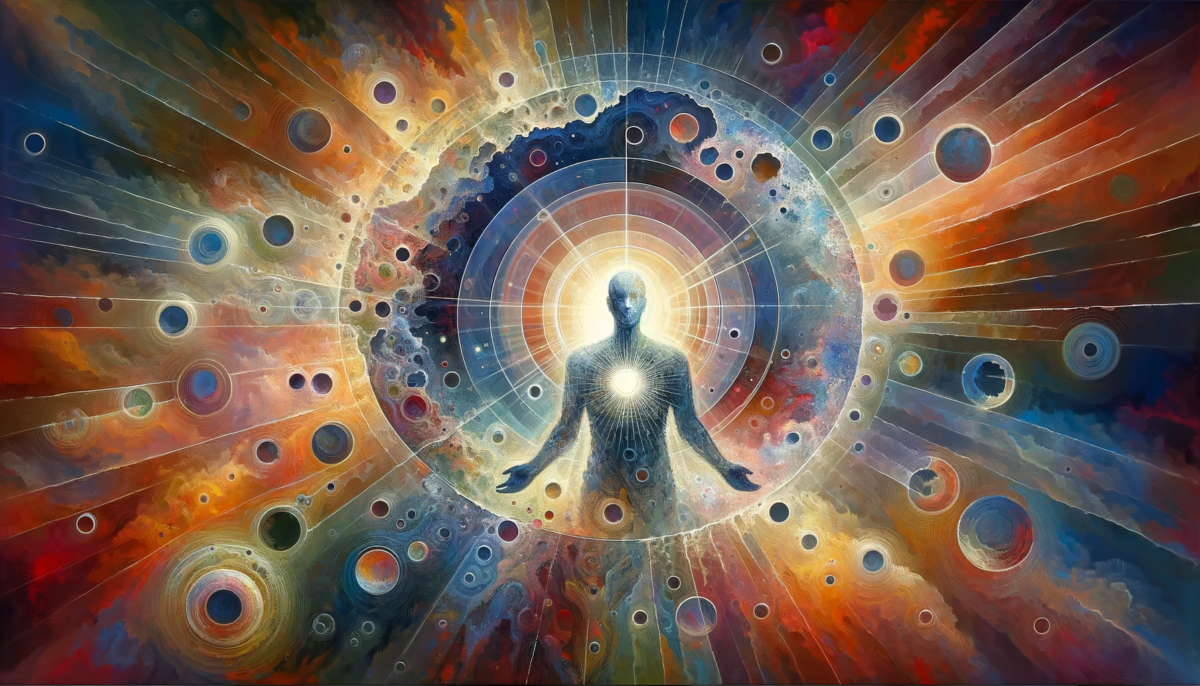
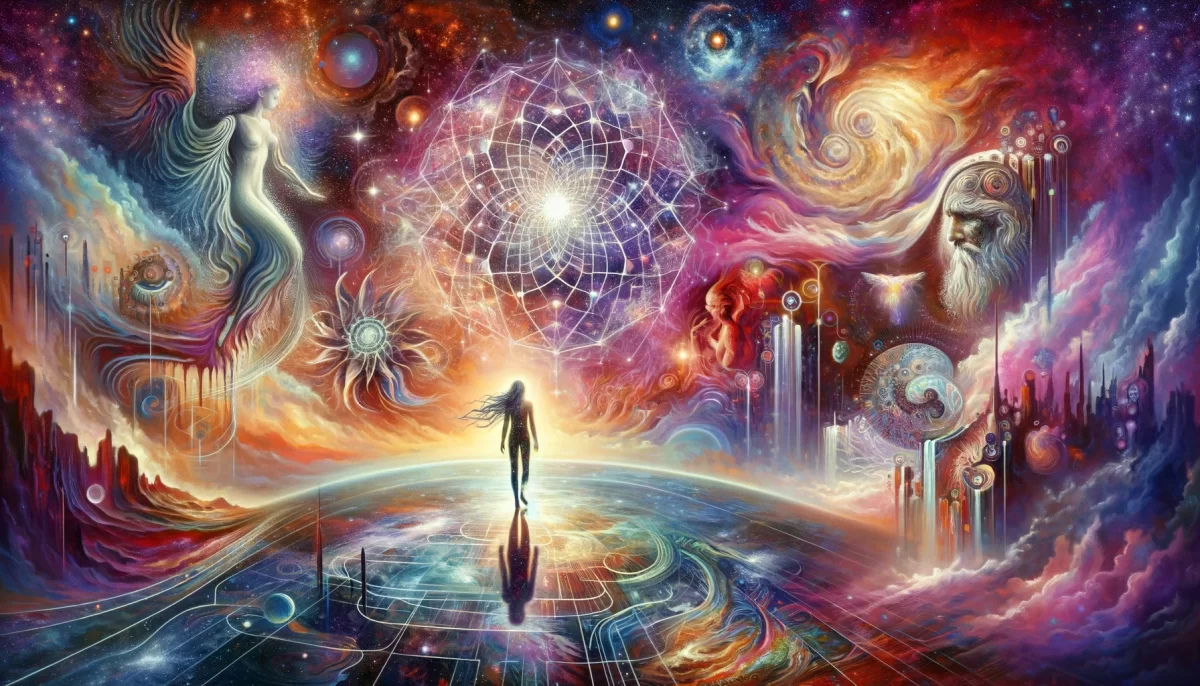

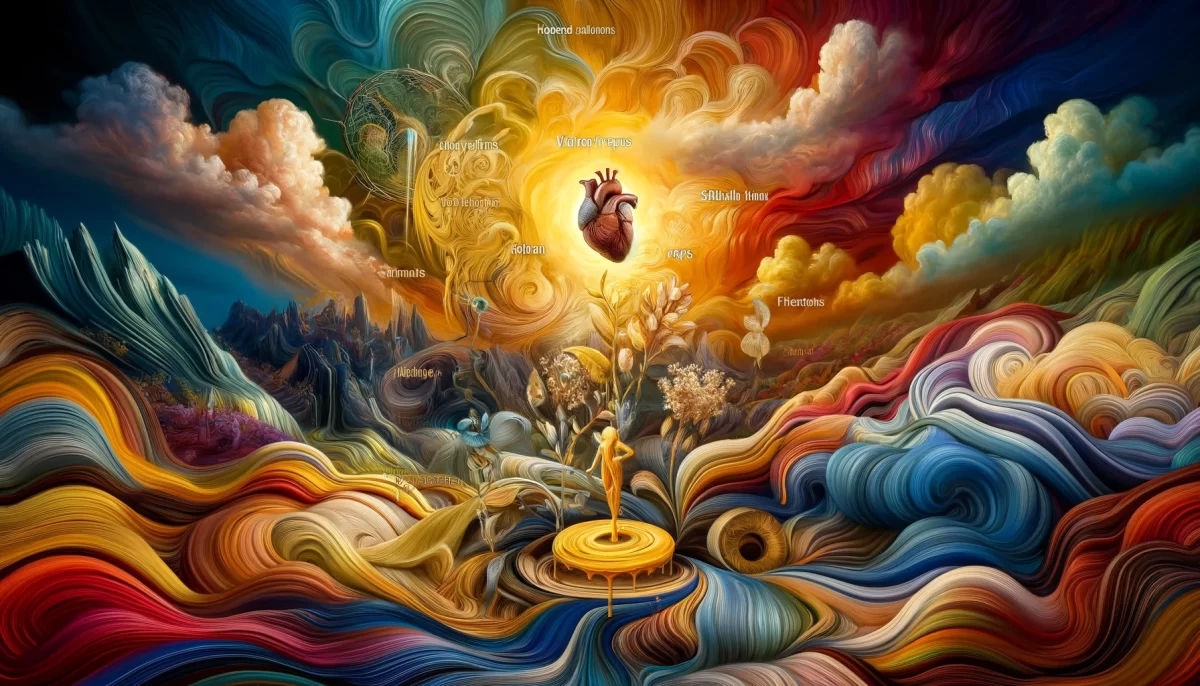
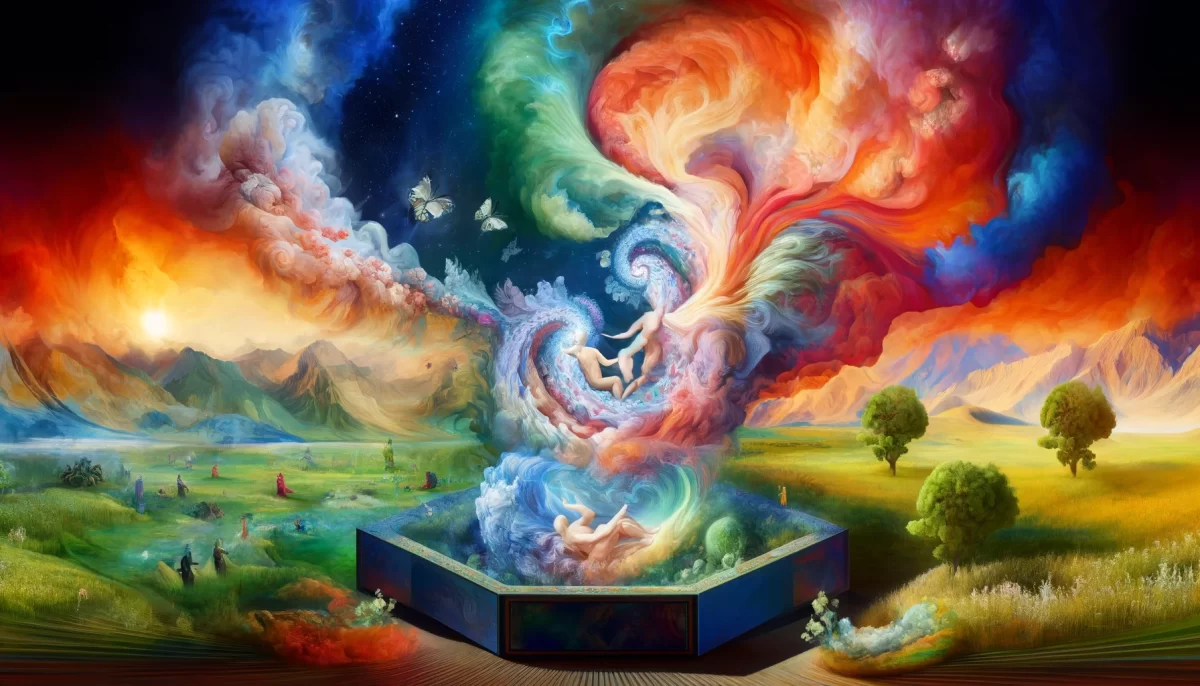
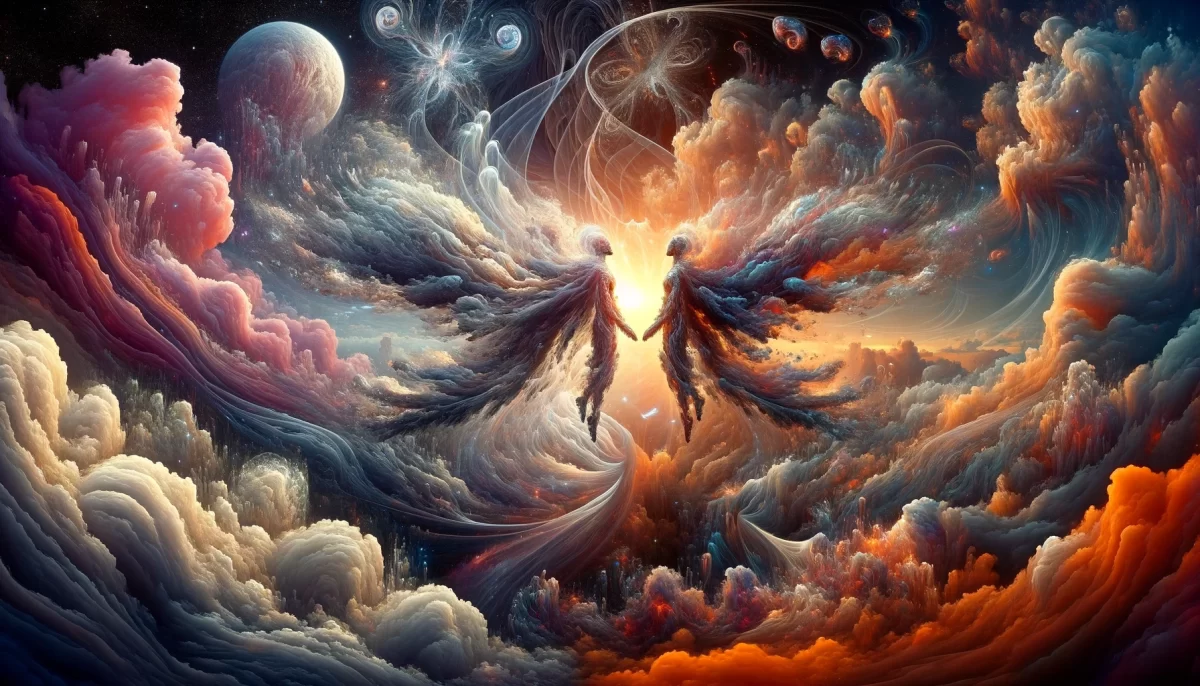
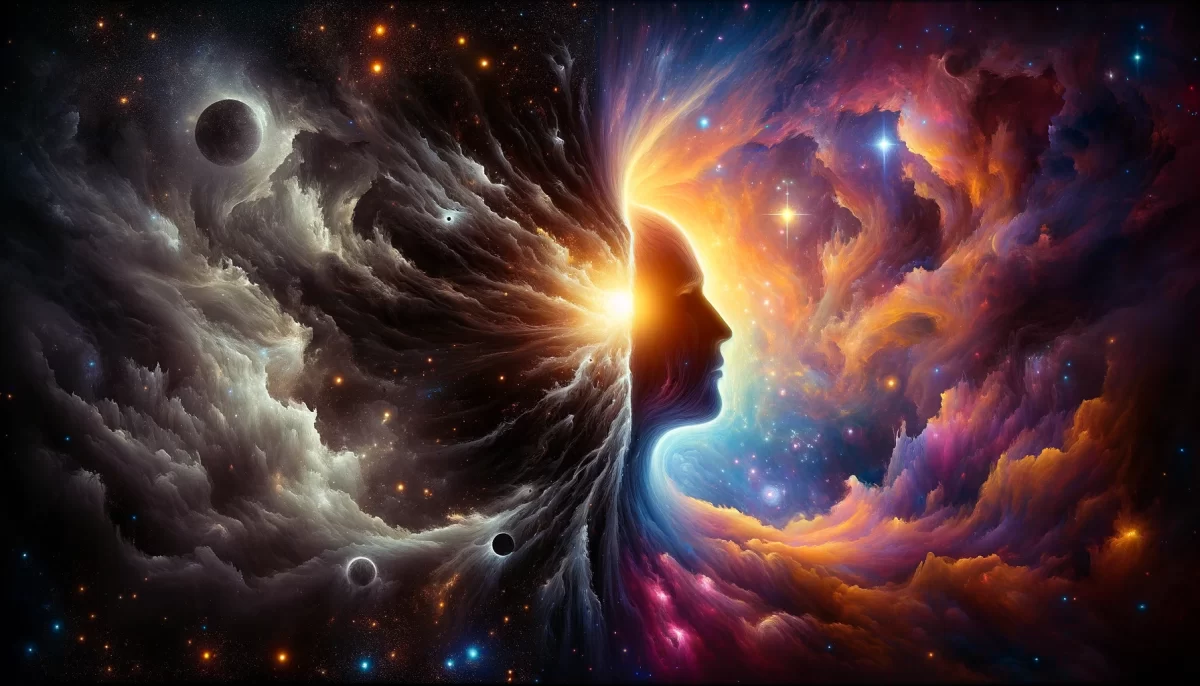
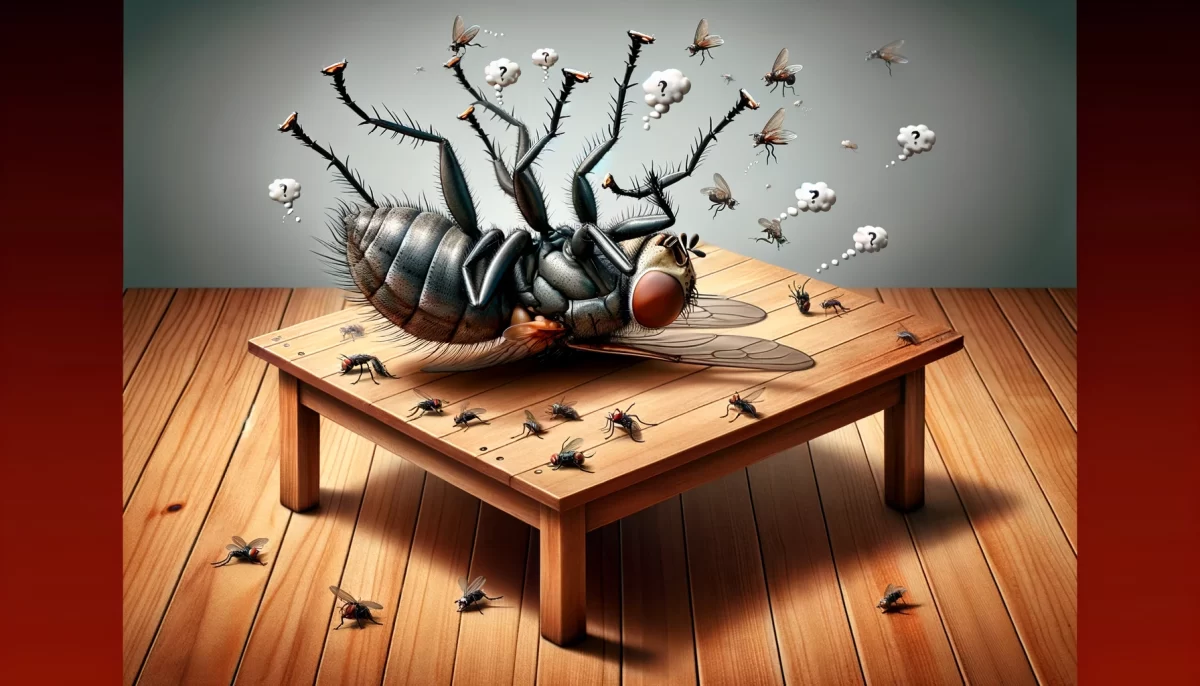
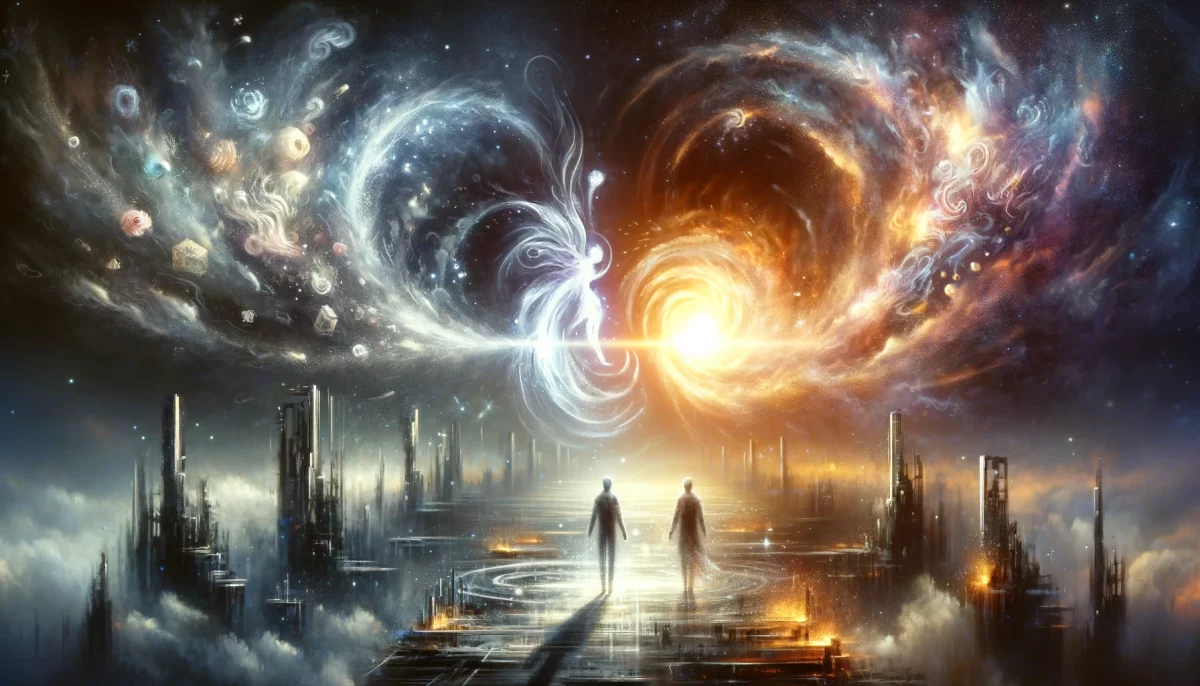
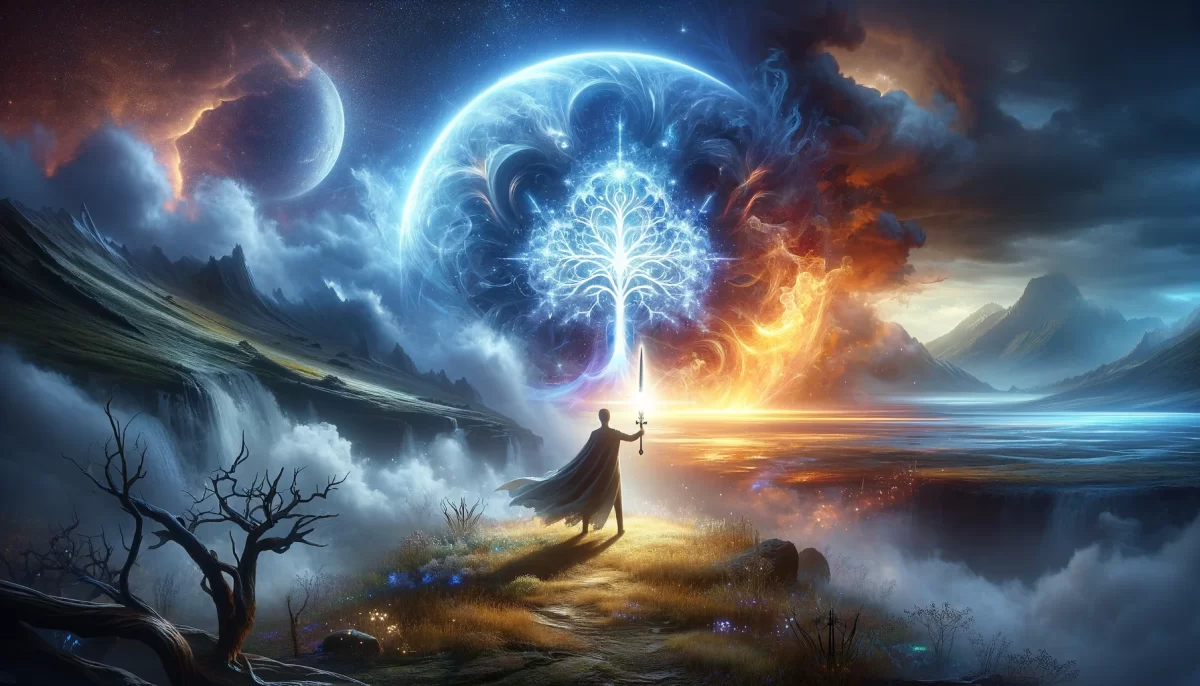
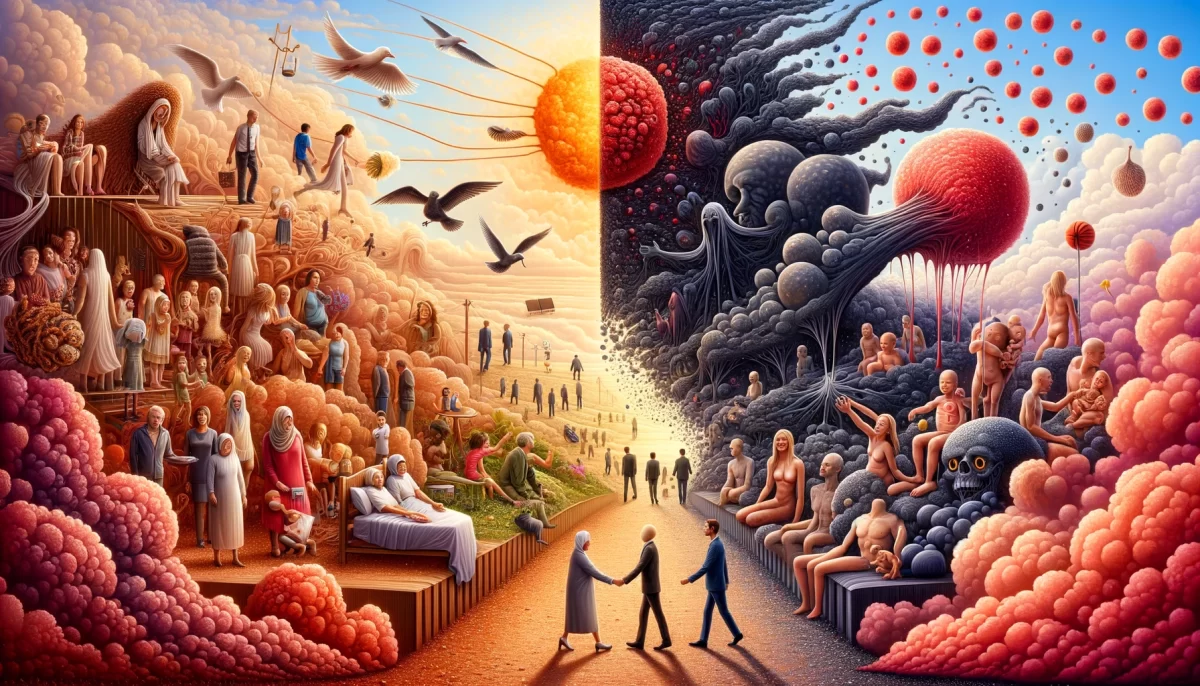
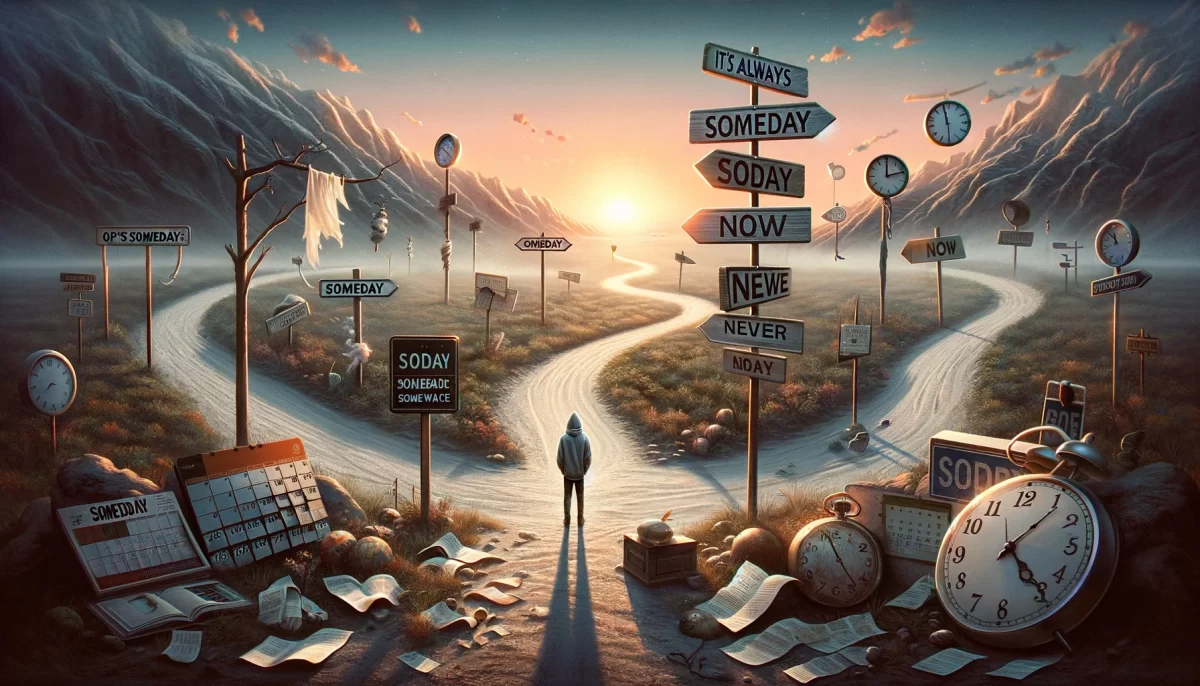

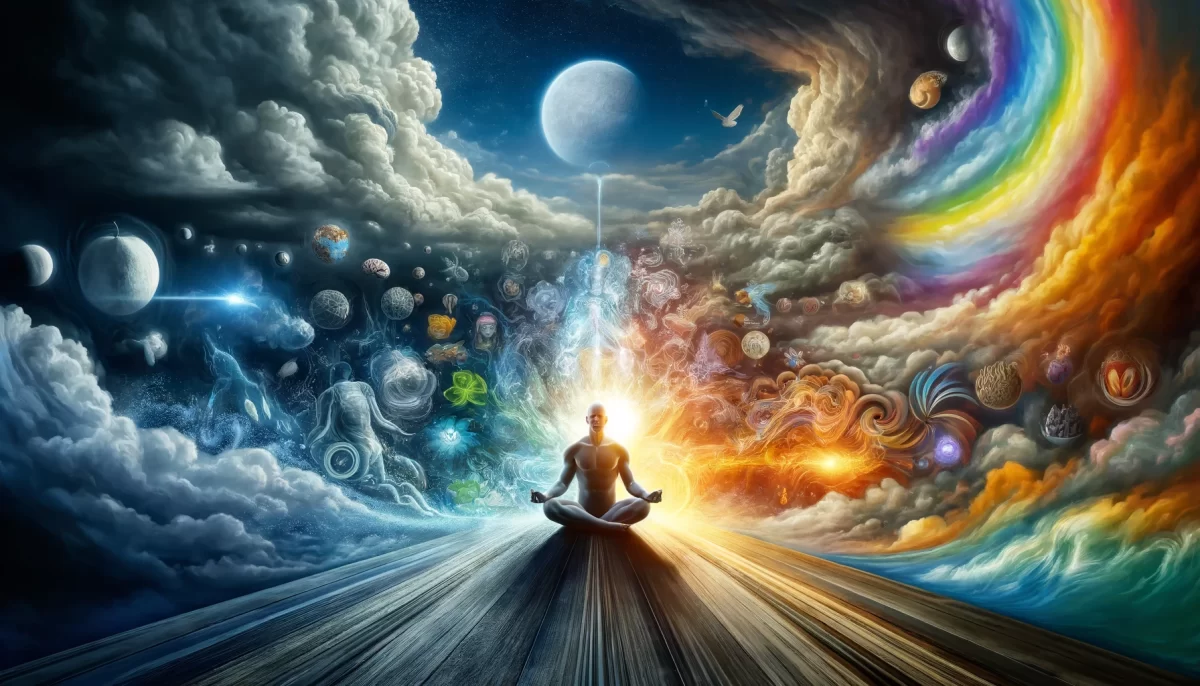

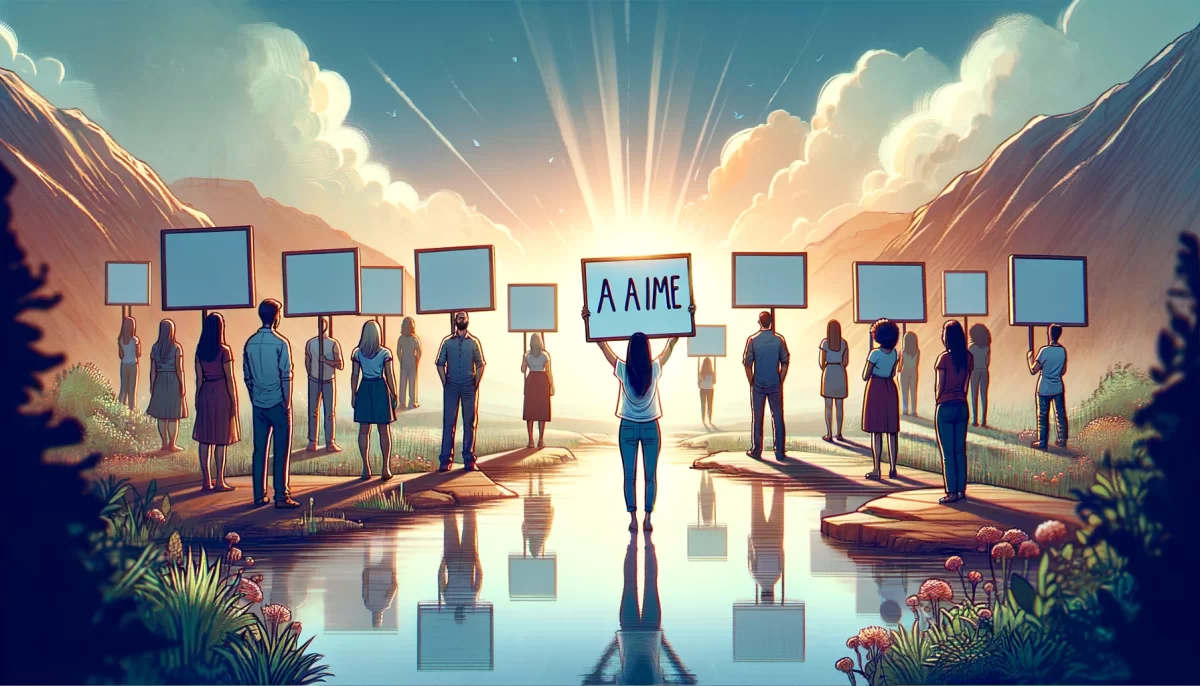
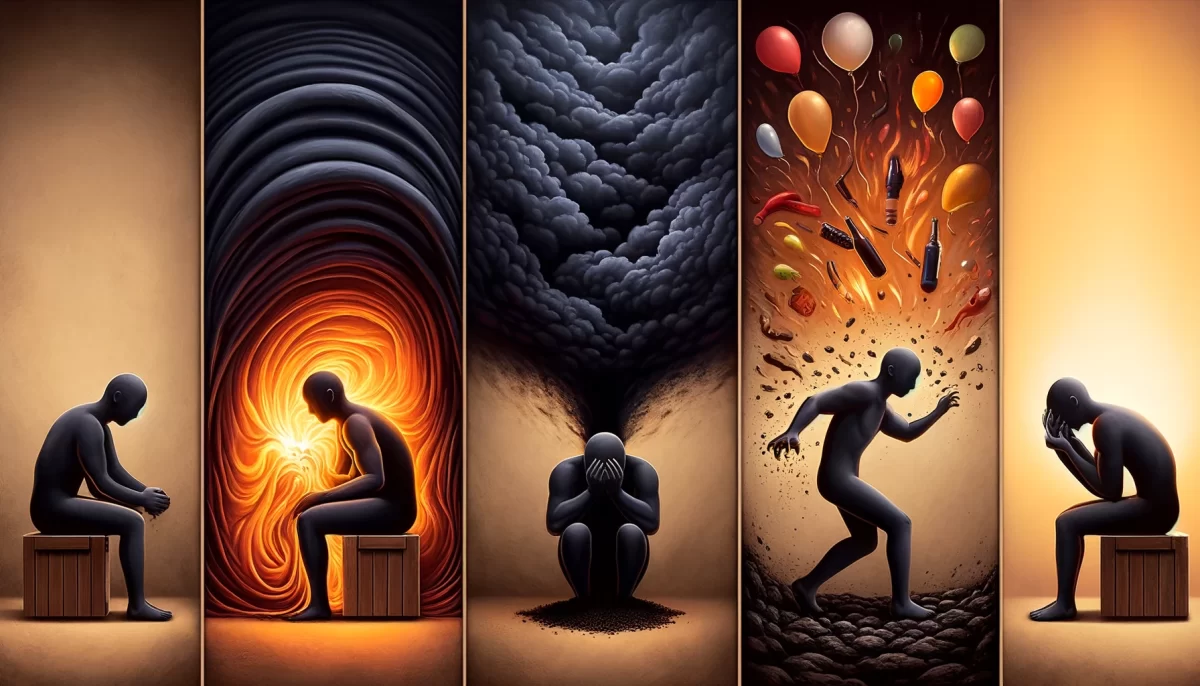
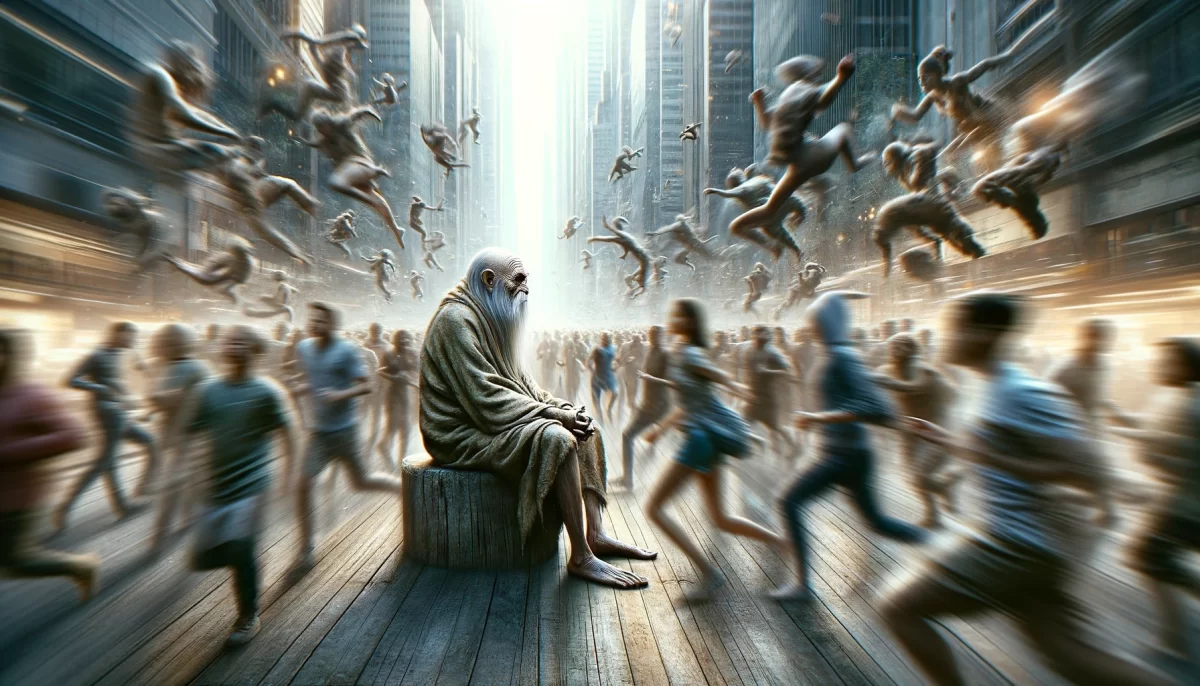
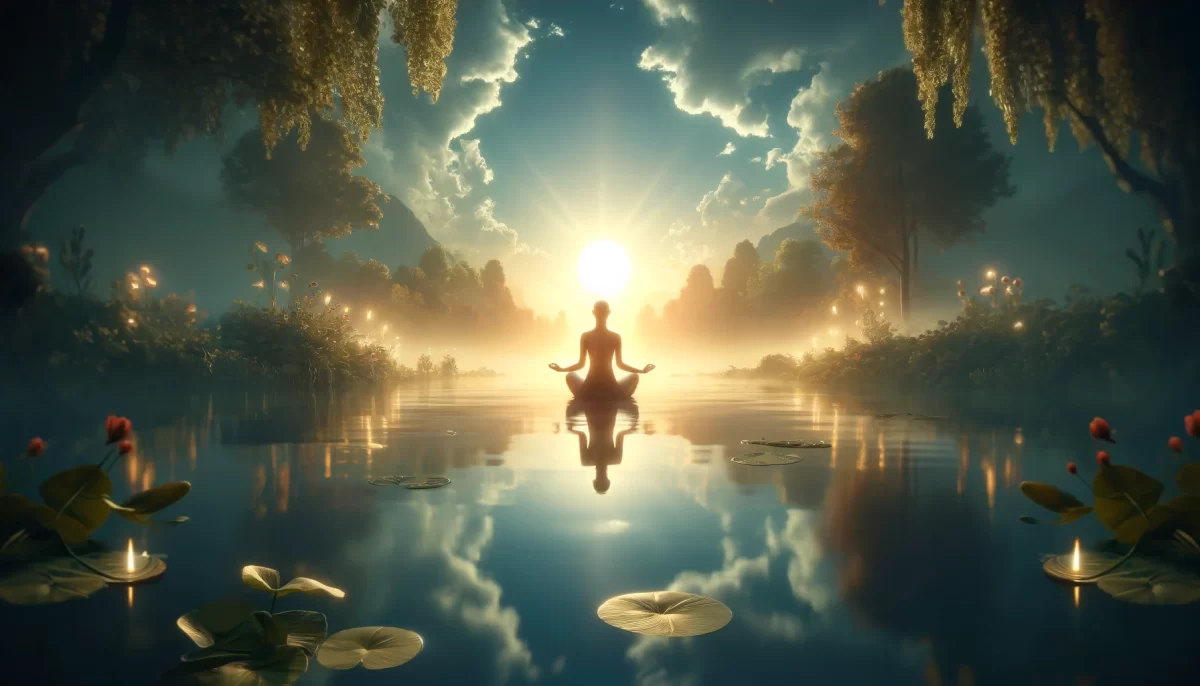
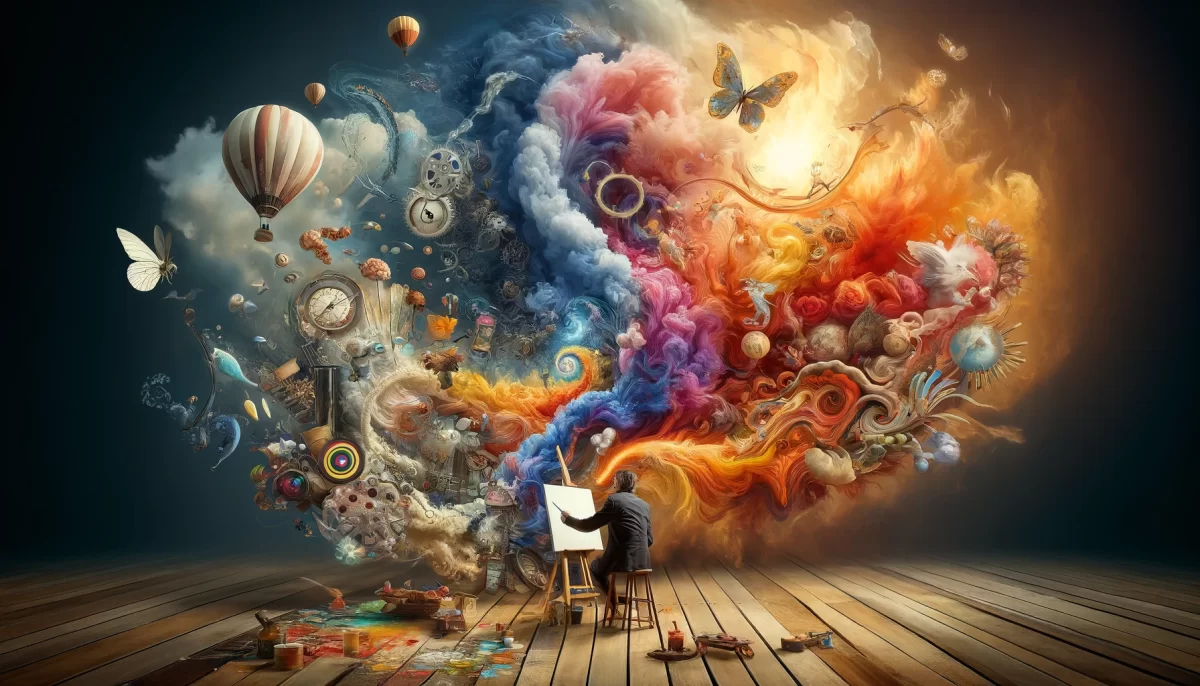

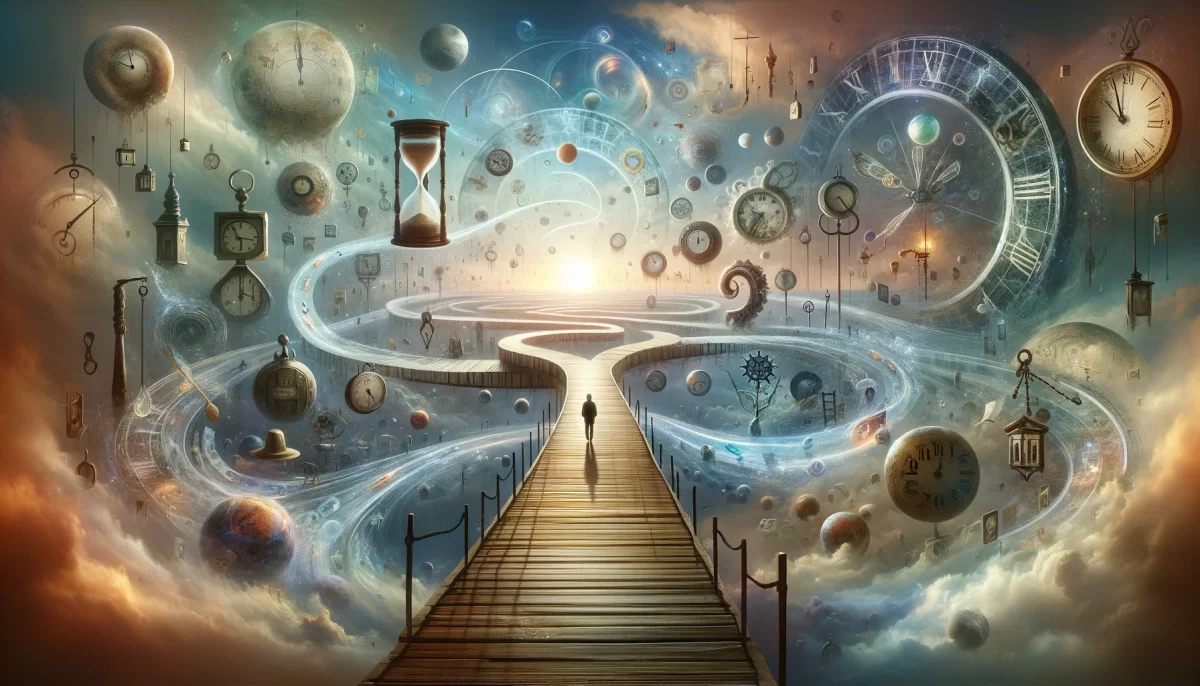
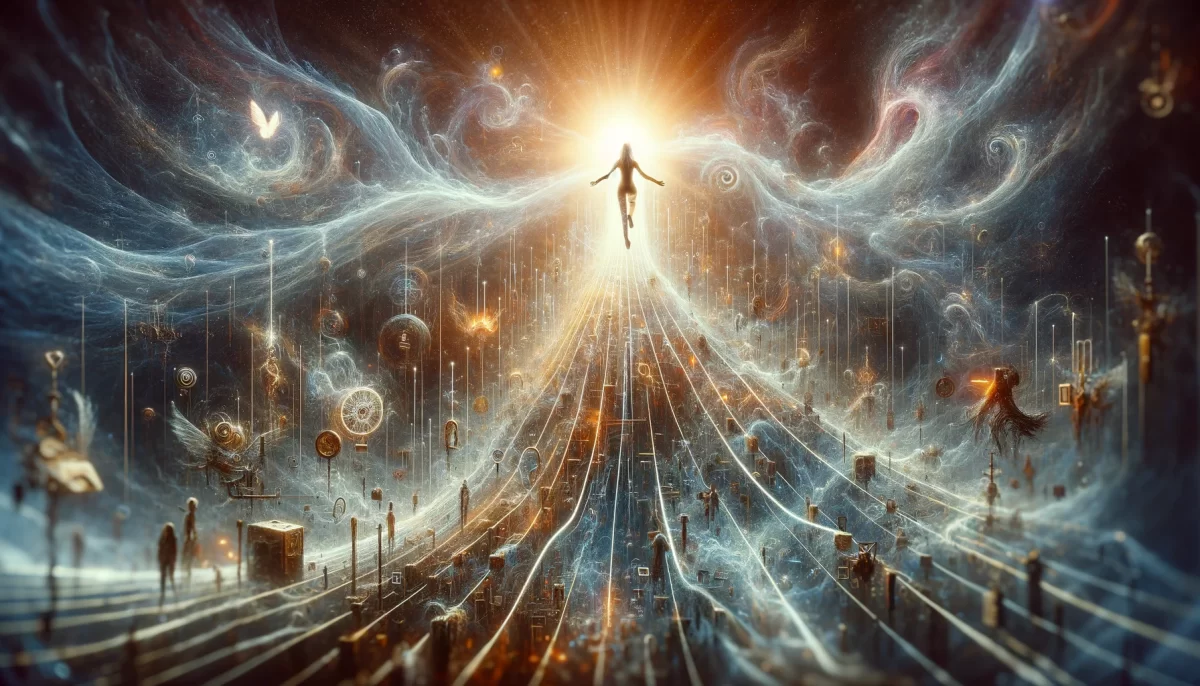

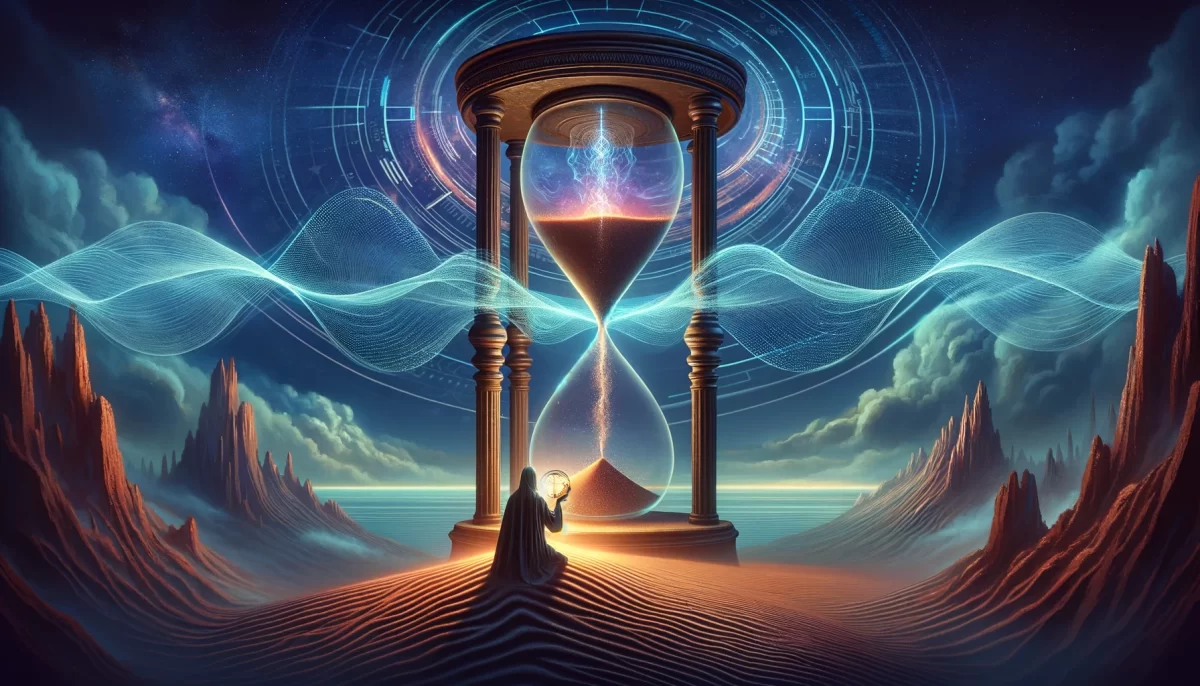
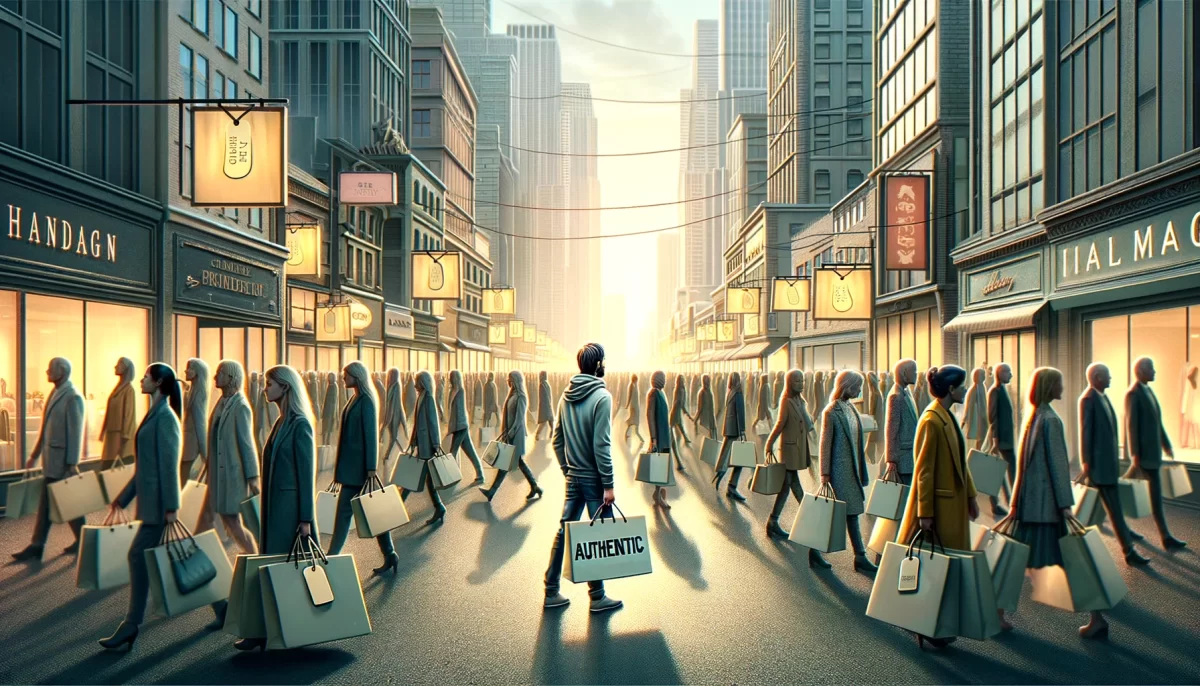
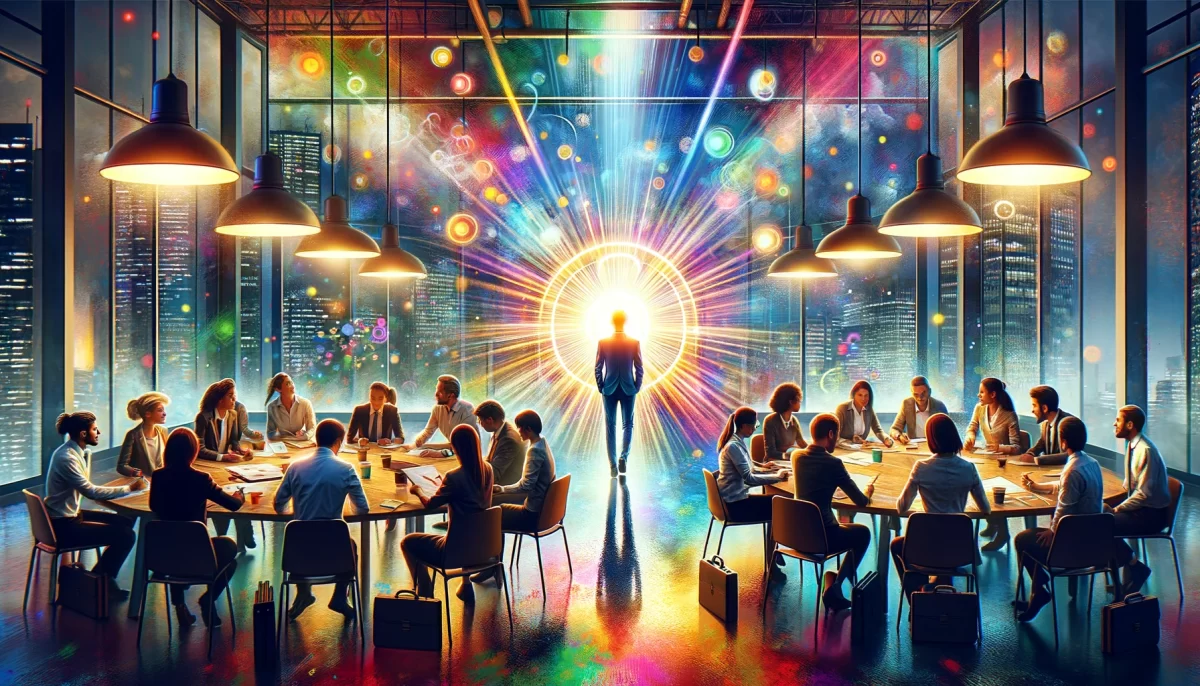

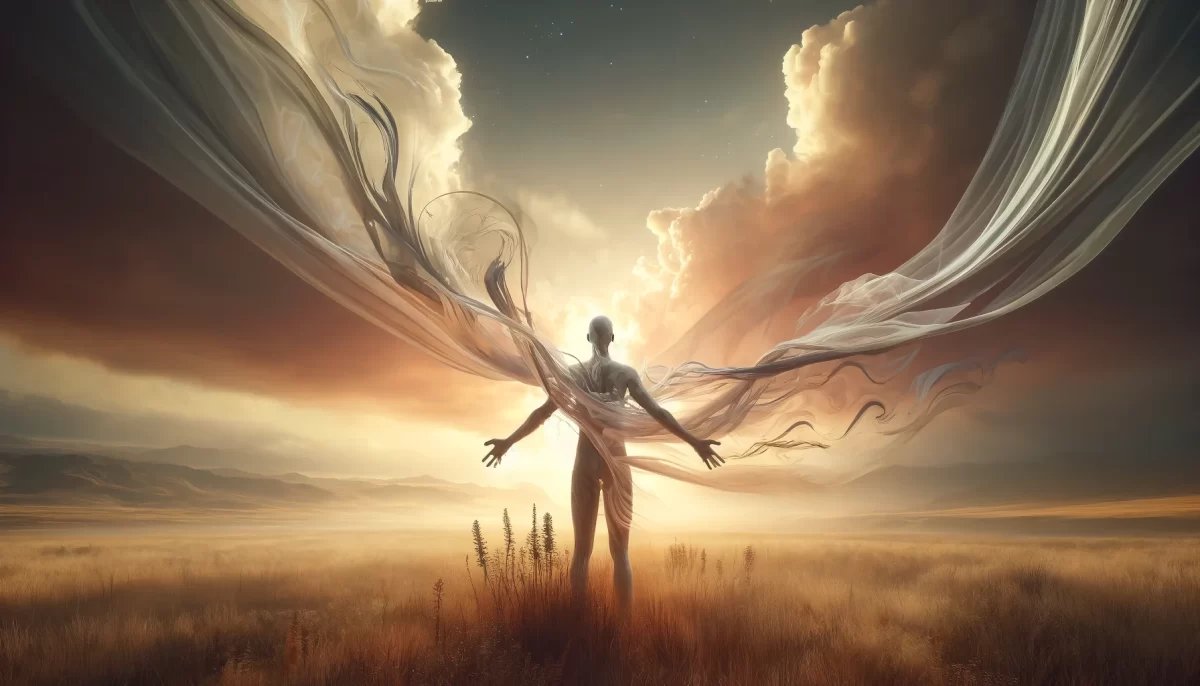
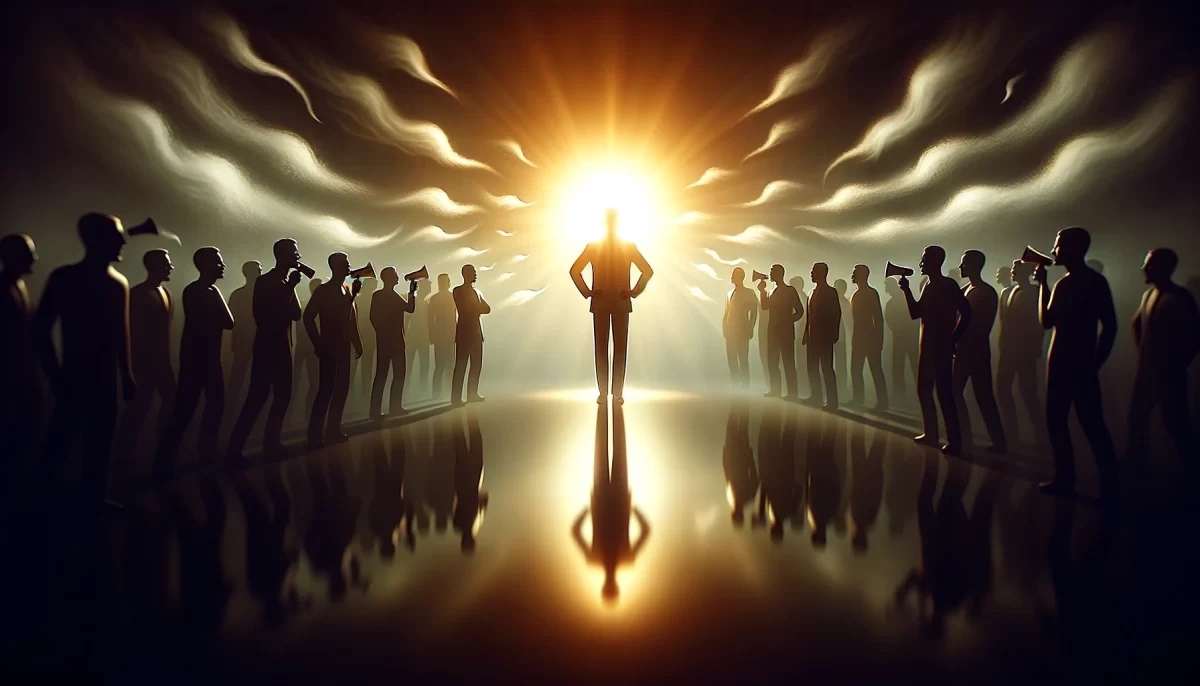
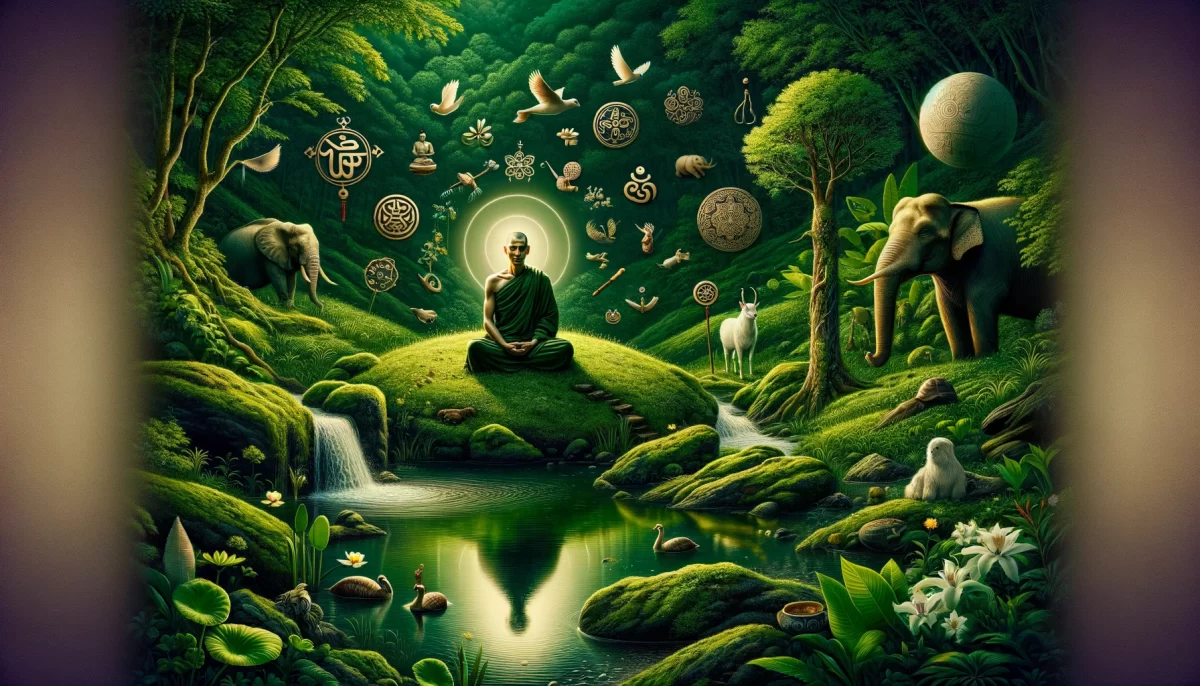
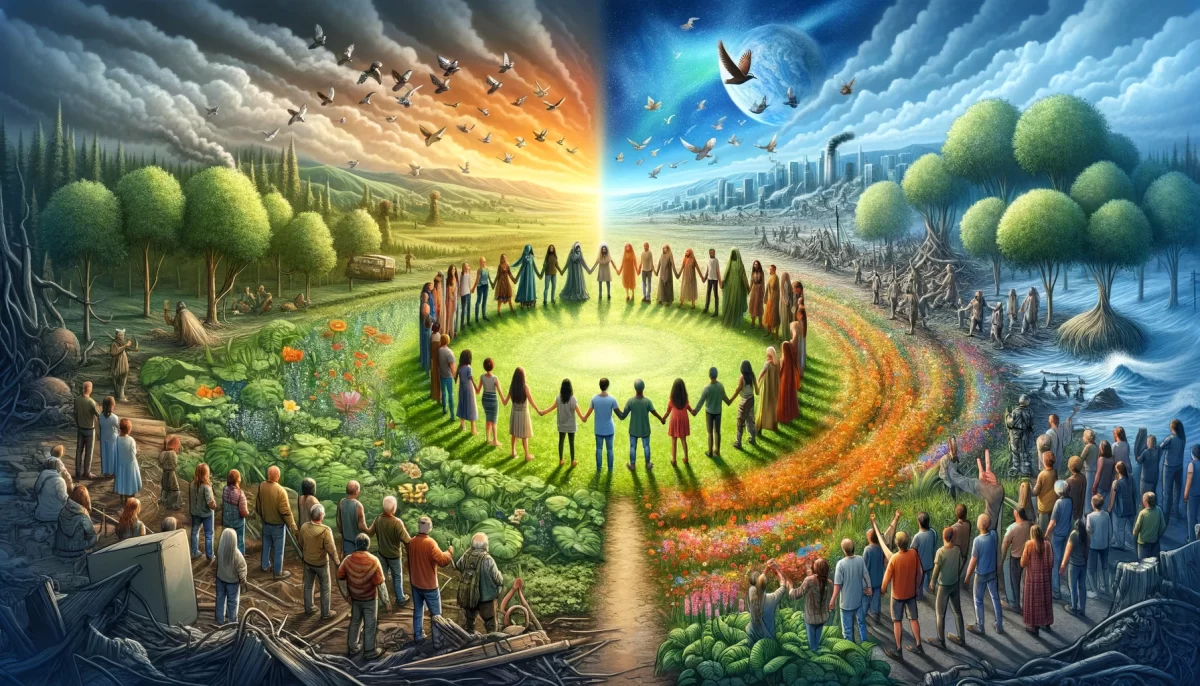
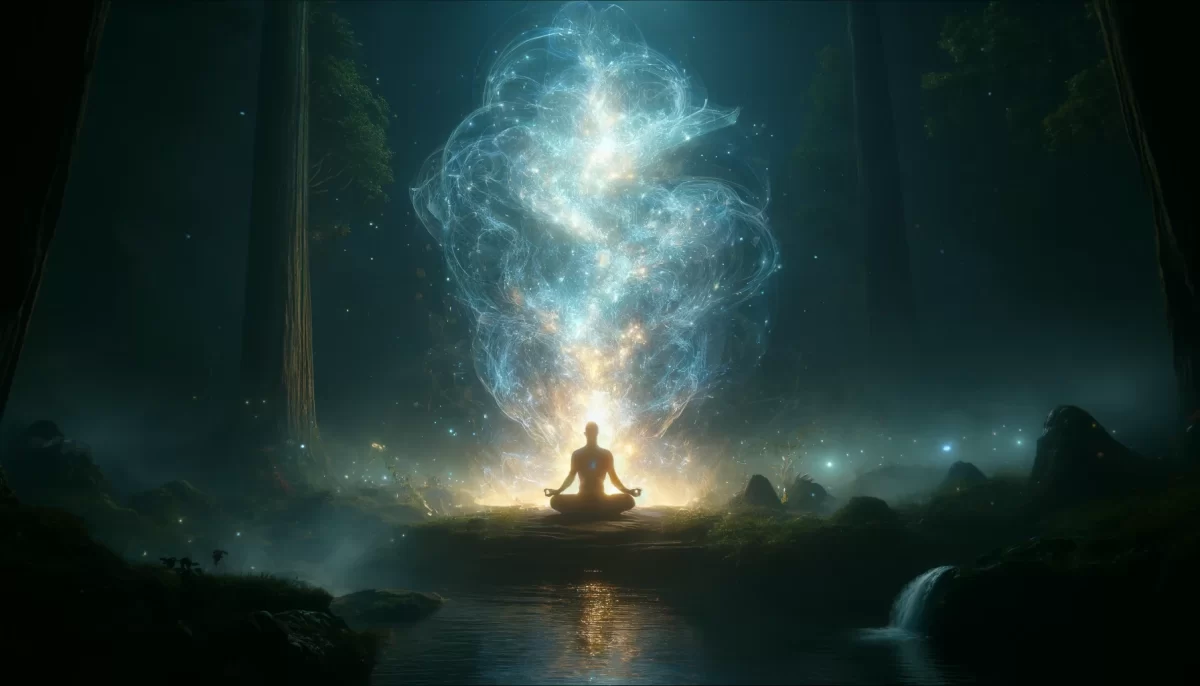
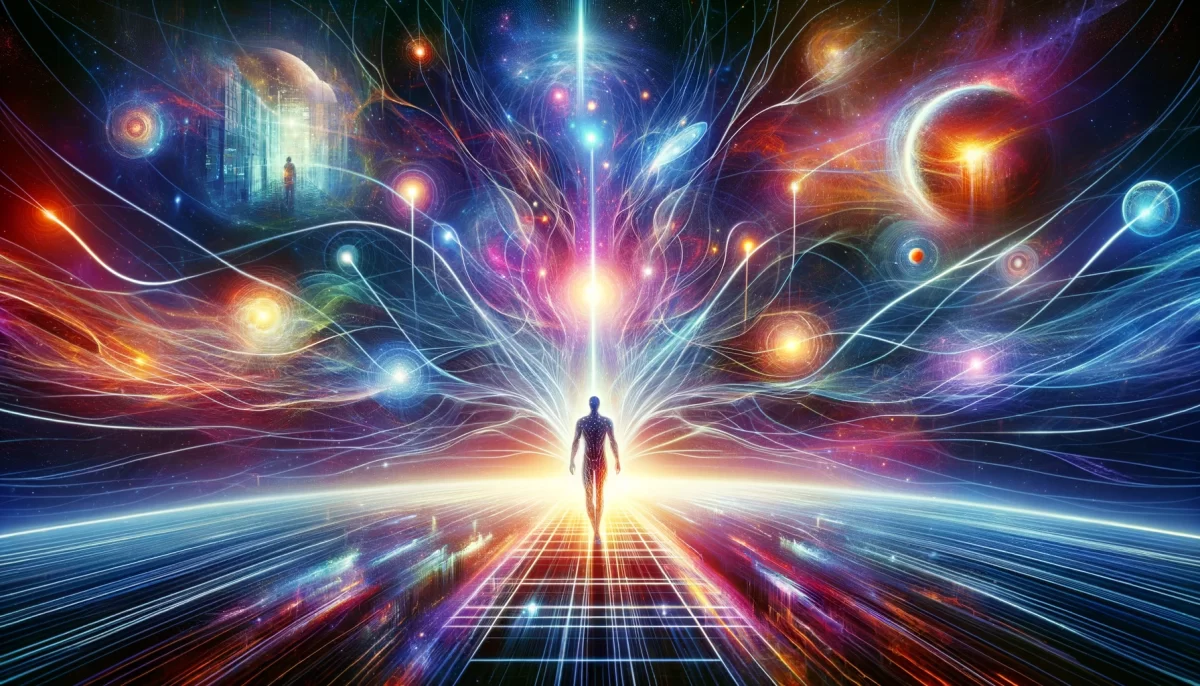
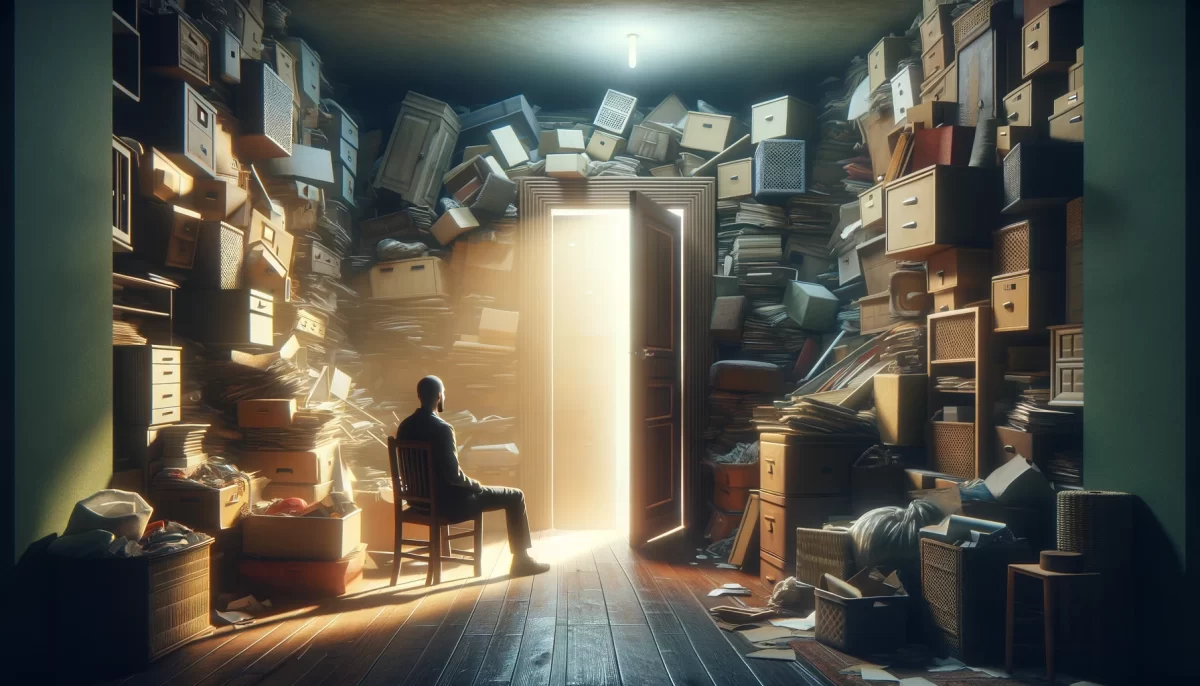
Leave a Reply